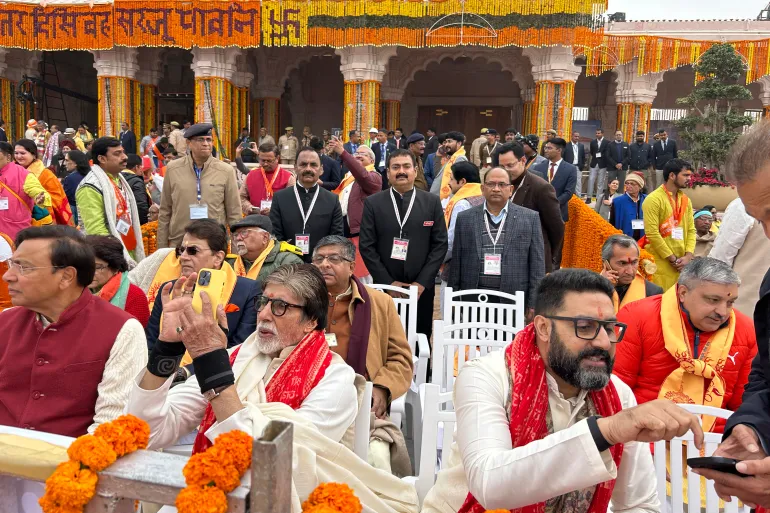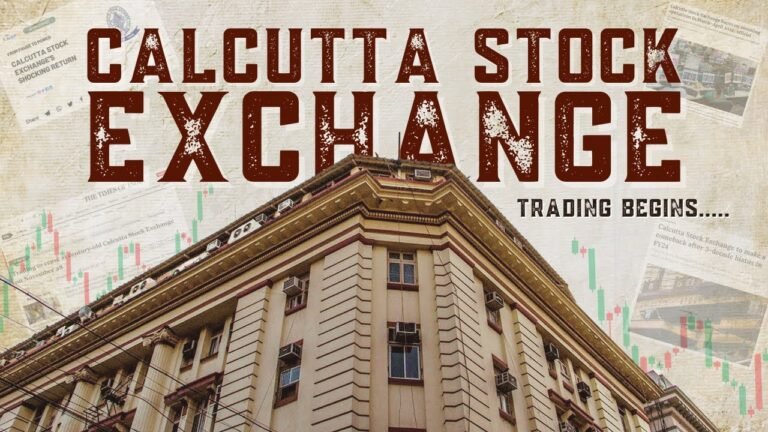
Cinema and Politics: BJP’s Influence on Indian Films
As India gears up for the forthcoming elections, a notable alliance has emerged between cinema and politics, with the ruling Bharatiya Janata Party (BJP) utilizing films as a platform for its campaign. Here’s a comprehensive look at the intertwining of cinema and politics in India:
The Rise of Propaganda Films A slew of new films, coinciding with the election timeline, are hitting screens, often backed by major production houses. These movies prominently feature storylines that either glorify Prime Minister Narendra Modi and his government’s policies or target opposition politicians. Notably, even national icons like Mahatma Gandhi and prestigious institutions like Jawaharlal Nehru University (JNU) are not spared from political narratives.
Peddling Islamophobic Conspiracies Many of these films propagate Islamophobic narratives that align with the BJP’s political agenda. Around ten such movies have either recently been released or are slated to hit theaters soon. These narratives often depict Hindu majoritarian heroes and BJP leaders in a favorable light while demonizing minority communities, particularly Muslims.
Glorifying Controversial Figures Biopics that glorify controversial figures associated with Hindu majoritarianism and the BJP have become prevalent. For instance, a film on Vinayak Damodar Savarkar portrays the anti-colonial Hindu nationalist advocating rape against Muslim women as retribution. Similarly, movies like “Accident or Conspiracy: Godhra” and “The Sabarmati Report” aim to shed light on events like the Godhra train burning and portray them from a particular ideological perspective.
Growing Concerns Critics have raised concerns about the growing influence of propaganda in Indian cinema. They argue that these films contribute to the polarization of society and promote hate speech. Additionally, there are allegations of historical inaccuracies and misrepresentations in movies like “The Kashmir Files” and “The Kerala Story,” which have sparked societal tensions and violence in some regions.
Trend in Indian Cinema While the trend of using cinema for political messaging isn’t new, it has intensified since Modi came to power in 2014. Films like “Uri: The Surgical Strike” and “The Accidental Prime Minister” released before the 2019 elections aimed to bolster BJP’s popularity. Moreover, there has been a notable shift in how historical representations are portrayed in films, often aligning with Hindu nationalist narratives.
Conclusion The intersection of cinema and politics in India raises critical questions about the influence of propaganda in shaping public opinion. As audiences navigate through these films, it becomes essential to approach them critically and discern fact from fiction. Ultimately, the role of cinema in political discourse underscores the need for a vigilant and informed citizenry.







